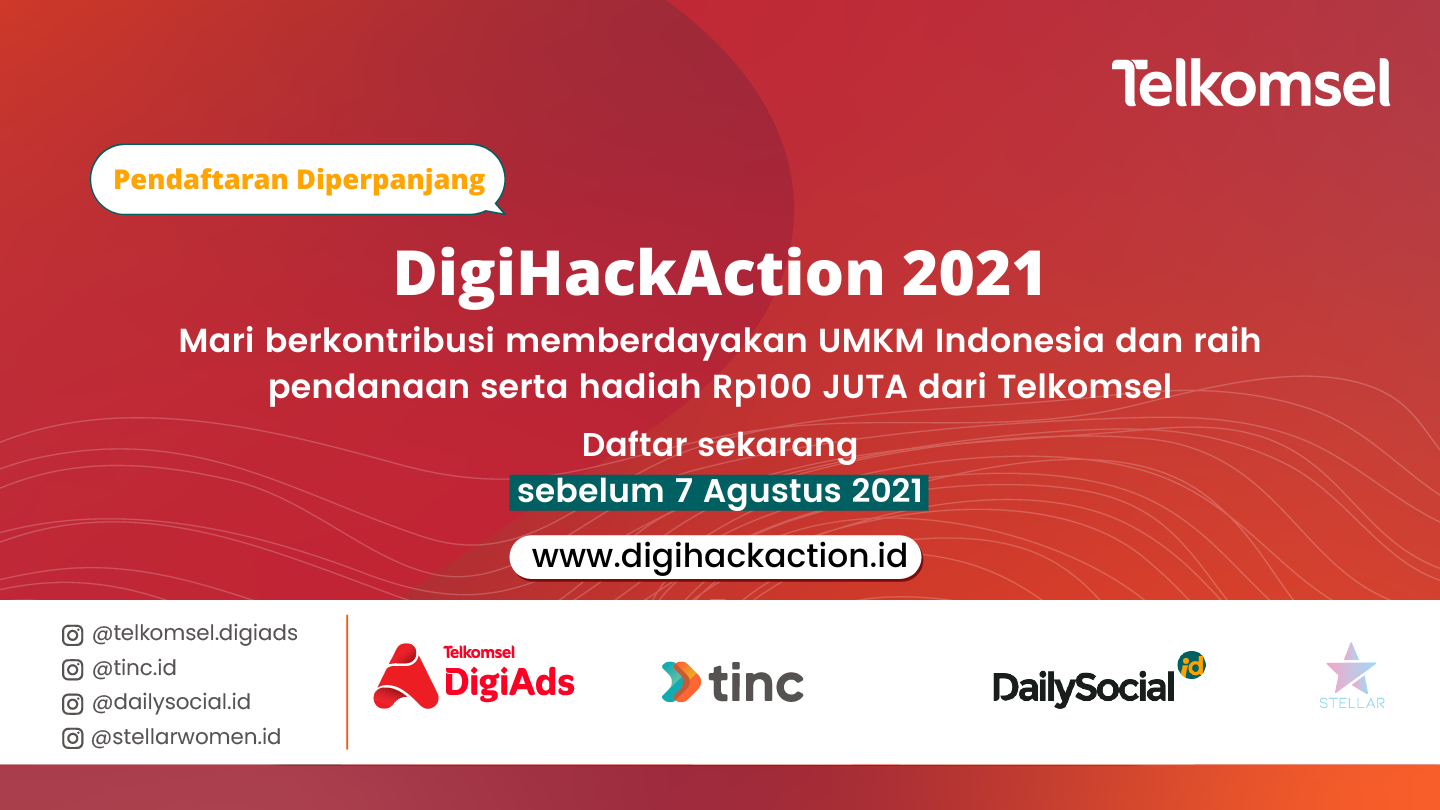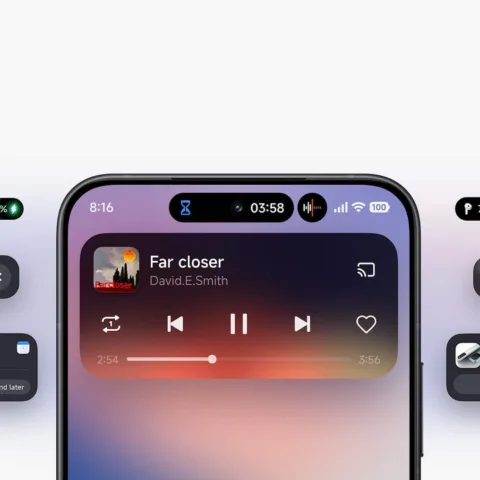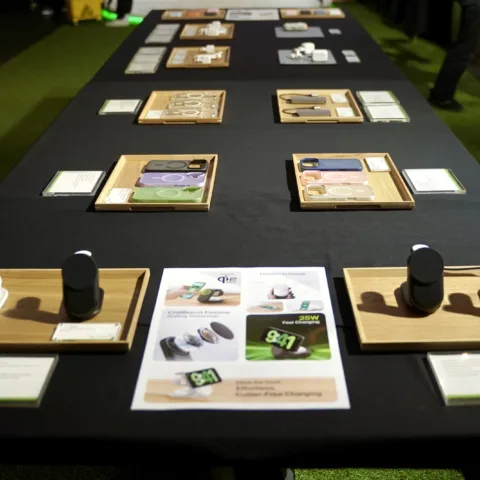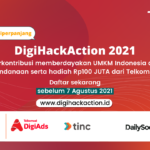The hackathon weekend for the 2013 International Space Apps Challenge has concluded globally on Monday in spectacular fashion. Participating venues ballooned from the initial 50 venues to 83 across 44 countries, from 2000 participants in 2012 to more than 9000 this year. The number of Indonesia’s on-site participants also grew more than twice with far more project submissions compared to last year’s event.
Held at Freeware co-working space at the Medco building in Ampera, South Jakarta, Indonesia’s main venue for NASA’s hackathon hosted nearly forty software developers and designers from 20-21 April. Including the satellite participants at Hackerspace Bandung and the remote participants across the nation, there were more than 120 registered professional and student software developers for this year’s event. Globally there were nearly 60 challenges set out by NASA to be tackled by the participants and the event produced nearly 800 possible solutions combined.
As with last year’s event, three local projects were selected to receive top billings and the top two will be submitted to the global challenge. This year’s pick for the judges’ favorite was a project called Earthling by Fahri Reza and Rr Nefriana. The project aims to show and compare the surfaces of the different celestial bodies within the solar system, beginning with Earth, the Moon, and Mars. The project was far from finished due to certain issues with the resources provided by NASA but the judges saw enough qualities to earn a commendation.
Second place winner was a project called SpaceTrek by Puja Pramudya, Tito Daniswara, Aqsath Rasyid, and Azby Luthfan. It’s a mobile app to track the positions of space based objects such as the International Space Station, meteors, asteroids, and satellites. The team wants to be able to easily share positions of these objects with friends through social networks in the hope that it will bring further interest to learning more about space and space explorations.
The top prize for the local awards went to OpenTEC, a solo project by Panggi Libersa Jasri Akadol, who was inspired by the discovery by a Japanese scientist, Professor Kosuke Heki, that shortly prior to an earthquake, there would be changes to the atmospheric conditions. This discovery is expected to be used to monitor planetary conditions in the hope to detect possible earthquakes as early as possible so as to minimize the damage that may be caused. The project aims to bring this discovery even more publicly and to allow individuals and organizations to be more aware of impending earthquakes.
For participants who have yet to finalize their project submission details, please do so by 1st of May, especially those selected to be considered for global judging. The details should be available in the email sent out to all participants prior to the event. Additionally, we would appreciate it if all participants could complete the survey which was linked in the email sent by NASA earlier today.
By organizing this event for the second year in a row, NASA, DailySocial, and the US Embassy hope that more Indonesians will be interested in space, science, and technology and participate in discovering more about the world we live in. There is much to learn from observing and researching about the planet as well as other celestial bodies within our own solar system and the discoveries may well provide assistance as to how we can solve the issues affecting the planet.
On behalf of the organizers, we would like to extend our gratitude to our sponsors who have made this event possible; Smartfren, Cititrans, @america, Freeware, Grupara, FOWAB, SUWEC, GitHub, and Hackerspace Bandung. Thank you as well to this year’s judges, Heriyadi Janwar of Microsoft, Dondy Bappedyanto of Infinys System, Batista Harahap from Urbanesia, and Harmen J. Mario from Smartfren. Also to Narenda Wicaksono of Nokia Developer who have helped spread the word of the event to the local mobile software developers and students.
[Image from Flickr by @america]










